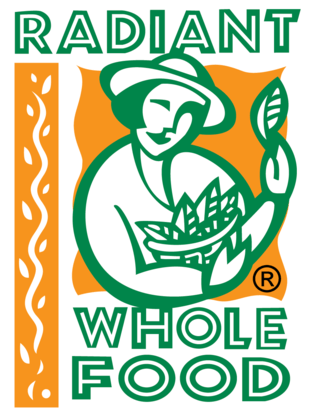
Jan 01 , 2021
Feed your body healthy
Eating healthy food remains an important part of maintaining your health. A nutritious diet can boost your immune system and help prevent chronic illnesses. When you hear about healthy eating, the first thing that comes to mind is tasteless food. The truth is that eating healthy does not have to be boring. It is possible to eat foods that you love while at the same time keeping it healthy.
Eating a healthy diet is not about strict limitations or depriving yourself of the foods you love. Rather, it’s about feeling great, having more energy, improving your health, and boosting your mood.

Photo by Brooke Lark on Unsplash
The fundamentals
Balance your diet to sustain a healthy body. You don’t need to eliminate certain categories of food from your diet, but rather select the healthiest options from each category.
Protein gives you the energy to get up and go while also supporting mood and cognitive function. Our body needs more high-quality protein, especially as we age. That doesn’t mean you have to eat more animal products—a variety of plant-based sources of protein each day can ensure your body gets all the essential protein it needs such as beans, nuts, seeds and soy products.
Fat. Healthy fats—such as omega-3s—are vital to your physical and emotional health. Including more healthy fat in your diet can help improve your mood, boost your well-being, and even aids weight management. Some healthier options include nuts like almond, walnuts, cashews; seeds like chia and flaxseeds, sesame, pumpkin, sunflower seeds and soy based like soy milk, tofu and soybean.
Fiber. Eating foods high in dietary fiber (grains, fruit, vegetables, nuts, and beans) can help you lower your risk for heart disease, stroke, and diabetes as well as improve your digestive health. Keep your pantry stocked with wholegrains like oats, legumes like lentils, green peas, and grains like barley.
Calcium. A key nutrient – Almost every cell in the body uses calcium in some way, including the nervous system, muscles, and heart. Your body uses calcium to build healthy bones and teeth, keep them strong as you age, send messages through the nervous system, help your blood clot, your muscles contract, and regulate the heart’s rhythm. If you don’t get enough calcium in your diet, your body will take it from your bones to ensure normal cell function, which can lead to weakened bones or osteoporosis. Oats, nuts, seeds, beans/legumes and leafy greens are great sources of non-dairy calcium.
Carbohydrates. One of your body’s main sources of energy. But most should come from complex, unrefined carbs (vegetables, whole grains, fruit) rather than sugars and refined carbs. Choose wholewheat/multigrain bread, brown rice, quinoa, legumes, nuts and non-starchy vegetables like spinach, celery, Brussels sprouts.

Keep things simple
Eating a healthier diet doesn’t have to be complicated. Instead of being overly concerned with counting calories, for example, think of your diet in terms of color, variety, and freshness. Focus on avoiding packaged and processed foods and opting for more fresh ingredients whenever possible.
- Prepare your own meals : This helps you choose better ingredients and portion control.
- Switching it right : Rather than cutting out unhealthy food, switch them up and replace with healthier alternatives.
- Labels are key : Be aware of what is inside the products you are buying. Read the labels.
- Keep your body hydrated : Drinking plenty of water helps flush out toxins and waste products from your system.
- Moderation : Don’t cut off yourself completely from certain foods. Practice moderation and allow occasional indulgence.
Feed your body healthy
Your body needs food to fuel it – so make sure you are giving it healthier options and you can live well and happy.
Looking for some good recipe ideas? Check out our recipe section! From your favourite nasi lemak to lazy one-pot meals and mouthwatering bakes – we’ve got you covered!











